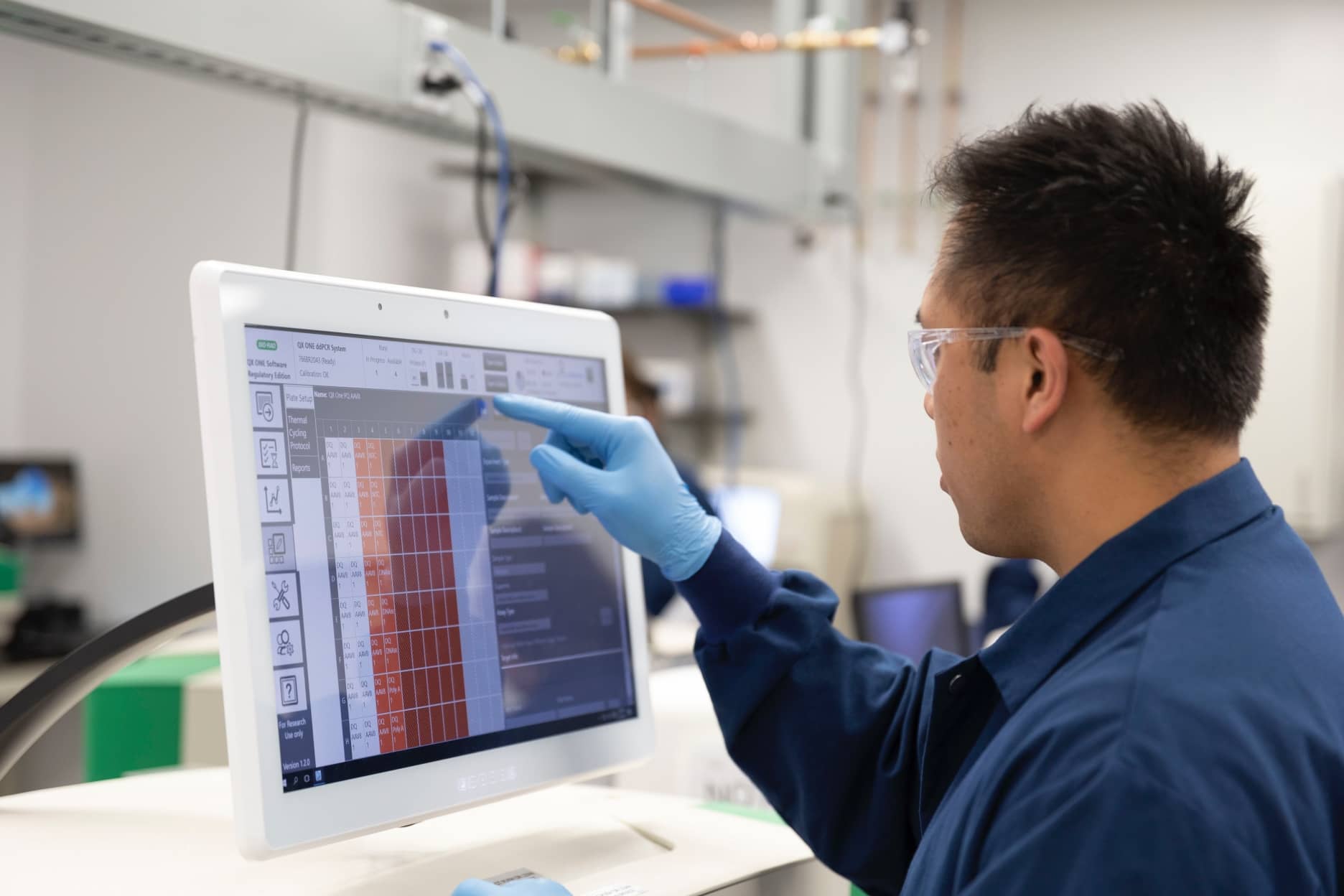CAR T Testing Strategies

CAR T-cell therapy is an innovative approach to treating cancer that involves engineering a patient’s T cells to recognize and attack cancer cells. However, developing a CAR T testing strategy can be a complex process that requires careful consideration of many factors.
Below are key considerations to keep in mind when developing a CAR T development:
• Patient Selection: It is important to carefully select patients who are most likely to benefit from this treatment. Factors such as disease stage, tumor burden, and overall health status should be taken into account.
• Target Antigen Selection: The selection of the right antigen is critical for the success of the therapy. It is important to identify a target antigen that is highly expressed in cancer cells and has limited expression in normal cells.
• Manufacturing Process: The manufacturing process for CAR T-cell therapy is complex and can affect the quality and potency of the final product. It is important to ensure that the manufacturing process is standardized, robust, and reproducible. Quality control measures should be put in place to ensure that the final product meets the required specifications.
• Clinical Trial Design: It is important to design clinical trials that are rigorous and well-controlled. The endpoints should be clearly defined, and the patient population should be carefully selected.
• Patient Monitoring: Monitoring should be comprehensive and include laboratory tests, imaging studies, and clinical assessments.
• Reimbursement: CAR T cell therapy is an expensive treatment, and reimbursement can be a major issue. It is important to have a clear understanding of the reimbursement landscape and to develop strategies for ensuring that patients have access to this therapy.
Developing a CAR T testing strategy requires careful consideration of many factors, including patient selection, target antigen selection, manufacturing process, clinical trial design, patient monitoring, and reimbursement. By taking a comprehensive approach and addressing all these factors, it is possible to develop a successful CAR T testing strategy that can lead to improved outcomes for cancer patients.
